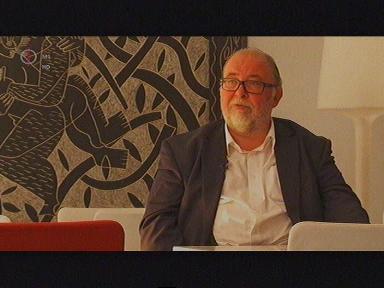Tobias Picker, 61, presently writing a new work for New York City Opera, has been named artistic director of Tulsa Opera, starting now. Read here.
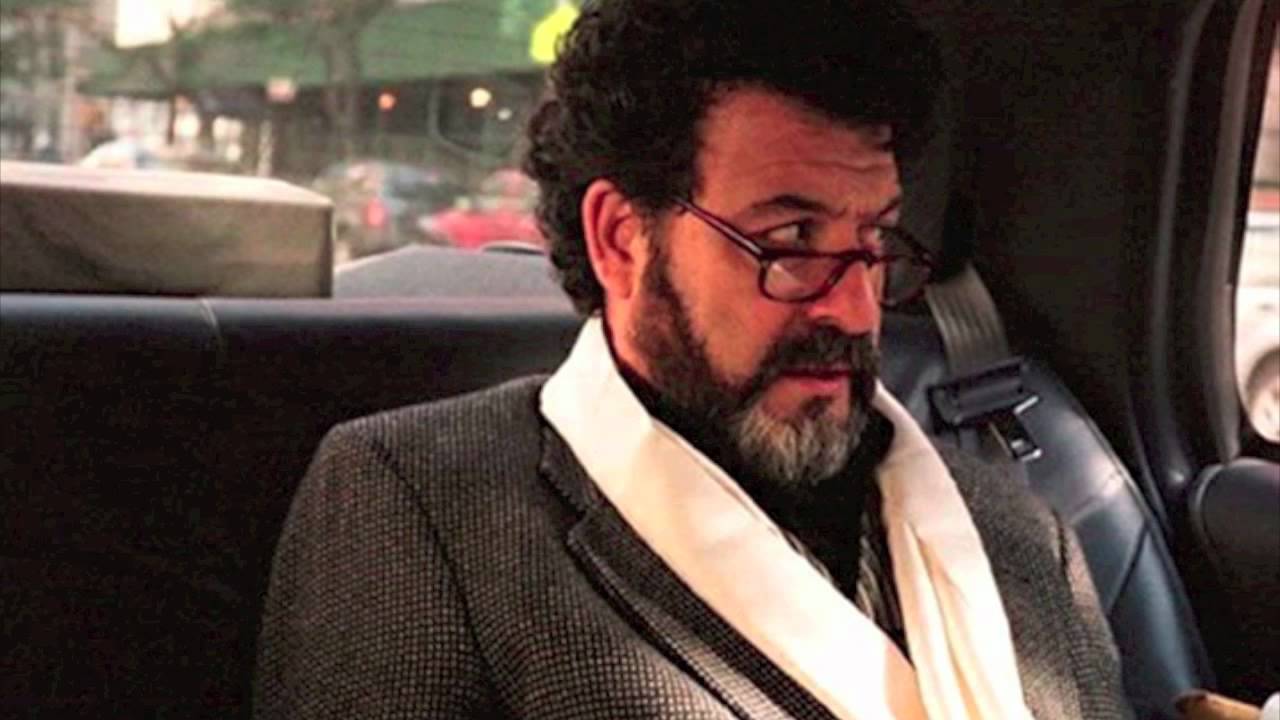
Tobias Picker, 61, presently writing a new work for New York City Opera, has been named artistic director of Tulsa Opera, starting now. Read here.

The competition, one of the most distinguished, had very little media coverage this year outside of Belgium and the online profile was exceptionally thin.
The results, announced after midnight, are:
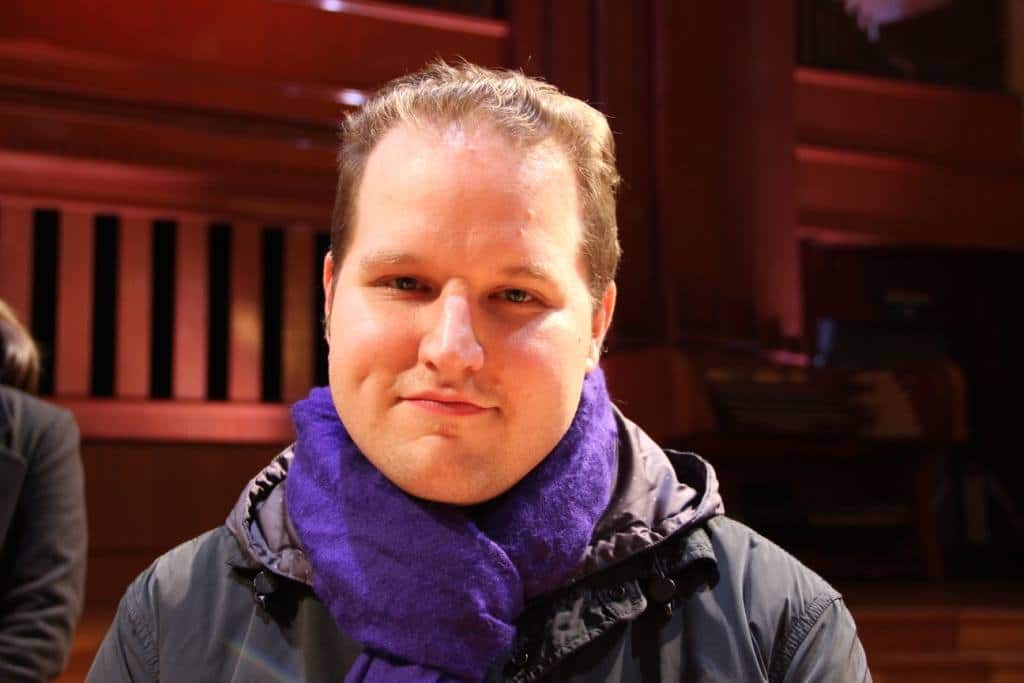
First Prize : Lukas Vondracek (Cz)
Second Prize : Henry Kramer (US)
Third Prize : Alexander Beyer (US)
Fourth Prize : Chi Ho Han (S Korea)
Fifth Prize : Aljosa Jurinic (Croatia)
Sixth Prize : Alberto Ferro (Italy)
The audience prize went to the pianist placed sixth, which suggests a considerable gulf between the judges’ markings and the public perception.
You can watch video here.
The Baltimore Symphony conductor started out studying with Gustav Meier, the legendary teacher who died this week, and went on to be his teaching partner at Cabrillo and Peabody.
Here’s Marin’s instant tribute to her mentor and friend:
There are people we meet who change our lives and there are people we meet who touch our hearts; Gustav Meier did both and much. much more. He was one of my dearest friends…he was my family.”
I first met Gustav at Tanglewood in1988 and immediately understood the transformational nature of his teaching. I returned to Tanglewood in 1989 and our bond grew deeper. I spent the next few years traveling to study with him in Ann Arbor as often as possible. Over the years our relationship changed from teacher/student to colleagues to friends and family. He joined me in teaching at Cabrillo and, serendipitously, we both ended up in Baltimore. Some of our happiest moments together were spent talking about the great music we felt so privileged to study and conduct. His life was devoted to music and young people and he gave so much to so many.
I am heartbroken to lose him, but am intensely grateful for the many memories that remain, alongside his insatiable curiosity and quiet, “Swiss” enthusiasm, that I will always cherish.
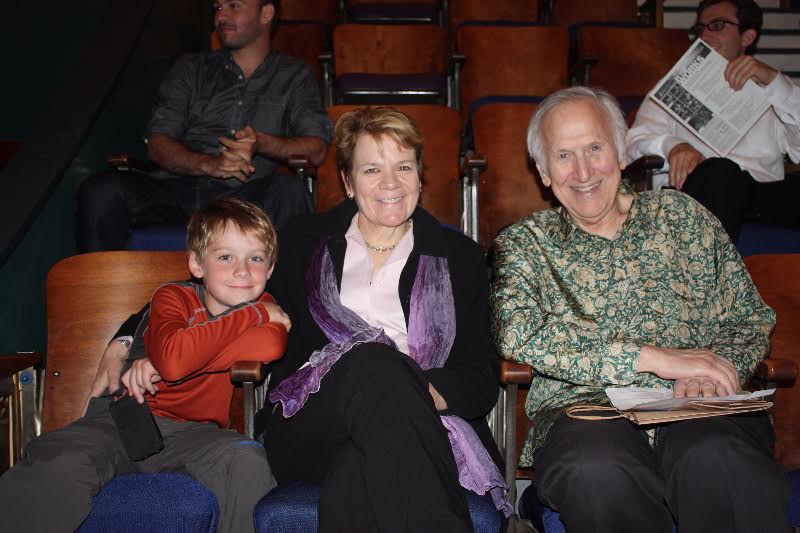
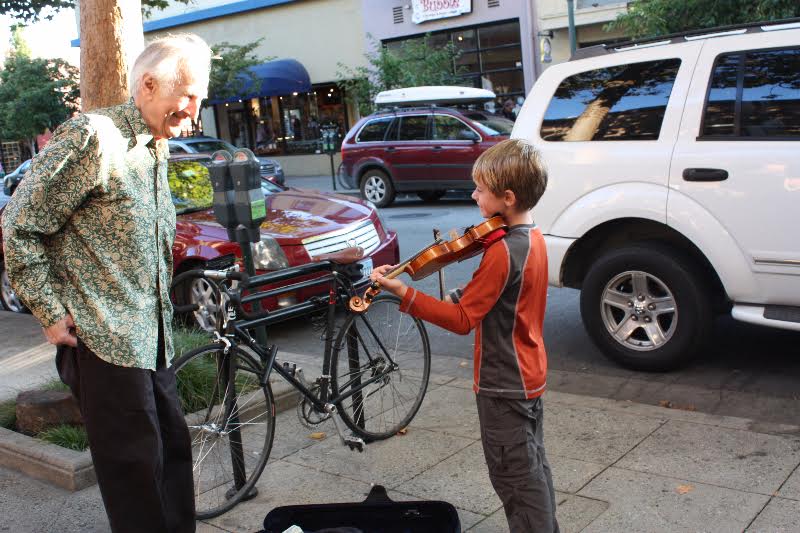
Marin between Gustav Meier and her son, Auden Alsop photos (c) Marin Alsop
Deeply disturbing, on many fronts.
Too credible for comfort.
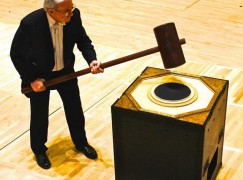
Stephen Pritchard has been calculating which of the great composers could have made a decent living out of their music if they were living today.
Beethoven need not have feared the bailiffs, but the real surprise is how well a certain French composer might do.
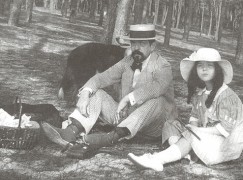
Read Stephen’s balance sheet here.
The counter-intuitive world of New York-based musician Nicholas King.
Nick started out stacking shelves in a supermarket. ‘I realized, of all the places I’d played, the one that was most meaningful for me was the meat department.’
Watch.
Jo Simons has written a memoir titled, My Father Wakes Up Laughing. Here’s why:
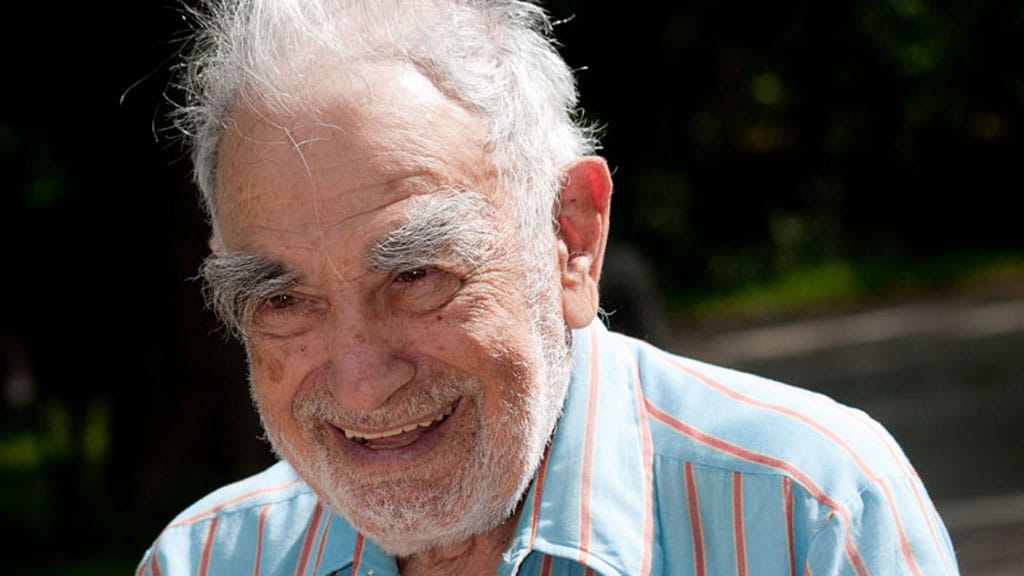
My father, Edward Simons, at 99 years young, is (we believe) the oldest active orchestra conductor in the country. He continues to be the powerful musical force in Rockland County, NY that he always was. The symphony he founded in 1952 which started out as eight friends getting together to play music once a week, quickly mushroomed to 65 plus players under Dad’s baton, and is still going strong as the Rockland Symphony Orchestra. My violist and pianist mother, the late Janet Kelley Simons, his life-long musical cohort, was responsible for the two of them ending up in the New York City area. Together, starting in 1950, when we moved from Manhattan to Rockland County, they unleashed a dual musical mission: first reinstating strings instruction in the schools that had vanished 10 years earlier, then in 1956, opening the Community Music School in Spring Valley, NY, starting the symphony, affiliating the music school with Rockland Community College and so much more.
Amongst Dad’s musical doings over time, he conducted 8 Broadway shows starting with Where’s Charley? in 1948, and ending in 1964 when he took Camelot on the road. He was dubbed “the best conductor of jazz,” in a New York Times review in the early 50’s. He also became a teacher of Music Appreciation at Rockland Community College in 1965 and retired from that in the early 80’s but continued to teach an extension music class for seniors until he was 97.
Dad has taught in colleges most of his life, yet he does not have a college degree. He tried going to college to study music after high school in Pittsburgh, PA but soon realized he knew more about the music being taught than the instructors did!
Today, my father has slowed down somewhat — he no longer drives, but he continues to conduct, teach and play his violin. This month, on two occasions, he played viola in a quartet for fund-raisers for his symphony and is scheduled to conduct a Young People’s concert in October. Every Wednesday, he plays folk songs with lots of schmaltz at Fountain View, a Jewish nursing home. On Fridays, he goes to the Steiner Fellowship in Chestnut Ridge, NY where my mother ended up before she died in 1998. Dad goes there for lunch and then plays his violin, accompanied by a pianist for the crowd. In the recent past, he would also play his violin in strange “concert halls” such as the gas station where he would take his car to be serviced, or the library where retired accountants help people do their taxes, or a rehab center where he once went to help his painful right knee. Everybody loved being serenaded by that fun-loving old guy with the violin.
Dad is not a pianist, but he sits at his piano regularly and plays Bach and Beethoven. He is eternally fascinated by how composers put together their pieces and finds a great deal of satisfaction in continuing to explore the great masters’ works. He has learned all of the Beethoven sonatas and the preludes and fugues of Bach too. He also still teaches violin and occasionally has a conducting student as well.
Every September since 2002, Dad has been conducting the “Concert for Remembrance, 9/11.” An adult violin student of his lost her 24-year old son, Welles Crowther, after he bravely led over 25 people to safety before losing his life in the tragedy. Top notch professional musicians donate their services every September to honor Welles, also known as “the man in the red bandanna.”
Dad also sings bass in an informal choir every Thursday nights conducted by a local singer, Sheila Schonbrun. He’s not a bass, but when the notes get too low for him, he sings them an octave higher. Sheila tells the other basses, “If you can’t find your notes, listen to Ed.” The most remarkable thing about my father, to me, is not his musical expertise, but his attitude about living. He is the most delightful, positive person I have ever known and I’m thrilled to be his daughter!
Jo’s book will be published in July.
The Ministry of Culture has issued its annual list of arts millionaires, based on public salaries and tax returns for official positions.
There are four conductors among the top ten:
1. Igor Pogrebinsky, deputy director of the Pushkin Museum – 229,804,330 rubles ($3.5 million)
*2. Valery Gergiev, artistic director of the Mariinsky Theatre – 130,216,902 rubles ($1.96 million)
*3. Yuri Temirkanov, artistic director of St. Petersburg Philharmonic – 74,491,119 rubles ($1.1m)
4. Oleg Tabakov, artistic director of the Chekhov Moscow Art Theater – 70,114,277 rubles.
*5. Vladimir Spivakov, president “House of Music” – 65,367,548 rubles ($1m)
6. Zadorozhnyy Vadim, director of Museum-Estate Arkhangelsk – 37,677,906 rubles.
7. Sergei Filin, deputy director of Rossiya state folk dance ensemble – 30,407,530 rubles.
*8. Vladimir Jurowski, artistic director of Svetlanov Symphony Orchestra – 29,116,182 rubles ($450,000)
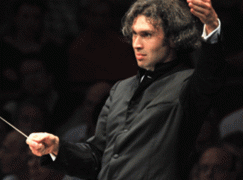
9. Svetlana Melnikova, CEO of Suzdal museum – 26,178,674 rubles.
10. Lev Dodin, artistic director of the Maly Drama Theatre – – 26,499,621 rubles.
I’ve been listening to music by that great composer, Anonymous, for the Lebrecht Album of the Week.
The best fun I’ve had all week is trying to identify the composers of six 18th century concertos that have turned up in the vaults of the Saxon State University library in Dresden. Five of the concertos are for flute, which suggest a possible Frederick the Great connection, the sixth is for cembalo. All are entertaining, accomplished, professional – top-drawer music for a courtly dinner party. But who wrote them?

Students are sharing news of the death last night of Gustav Meier, possibly the most sought-after conducting teacher in the US.
Gustav, who was 86 and suffering from cancer, retired three years ago as head of conducting at the Peabody Institute in Baltimore, handing over to one of his past pupils, Marin Alsop.
His alumni include the late Yakov Kreizberg, Antonio Pappano, John Mauceri, Carl St. Clair, Rico Saccani, Alexander Mickelthwaite and Bobby McFerrin. Summers, he taught at Tanglewood.
Aside from his teaching career, Gustav was music director for forty years of the Greater Bridgeport Symphony Orchestra, Connecticut, 1972–2013.
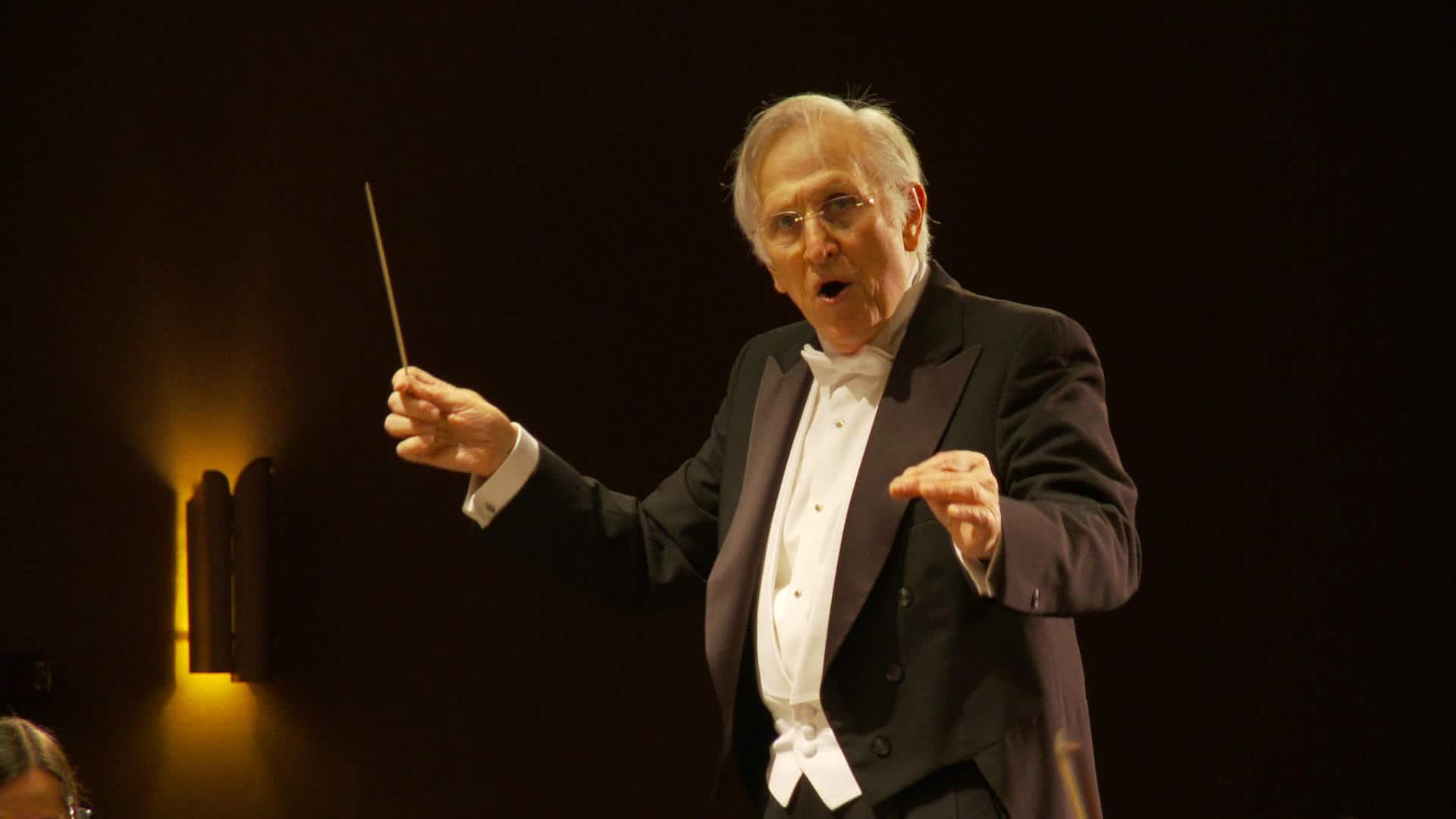
UPDATE: WE have received this message from Peabody Dean, Fred Bronstein:
“All of us at Peabody are saddened to hear of the passing of Gustav Meier, a great musician, pedagogue and colleague who for 18 years made Peabody’s conducting program one of the best of its kind. Gustav Meier provided a daily example of the intellect, artistry, and mastery he worked to cultivate in his students, always delivered with a gentleness, charm, and grace that is rare. His influence shaped the careers of countless professional conductors and musicians working today. Through them, and through the graduate conducting program he built up at Peabody, his impact will live on. We are honored to have known and worked with Gustav and send our deepest condolences to his family.”
UPDATE2: Marin Alsop’s tribute here.
Friends have reported the death of Annamaria Morini, an Italian protégée of Jean-Pierre Rampal who specialised in contemporary music.
A founder of the Bruno Maderna Ensemble, she played in a flute and harp duo with Paola Perrucci and taught contemporary music at the Bologna conservatorio.
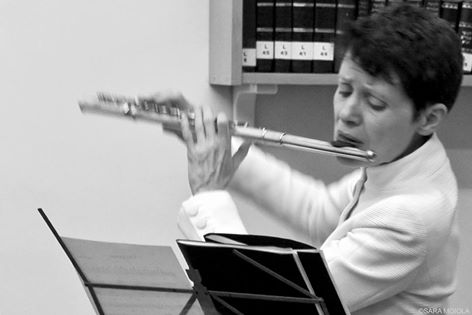
At a time of great cultural and political uncertainty in France, we hear that the Orchestre de Paris has parted company with Didier de Cottignies, its artistic advisor.
Apparently, the incoming music director Daniel Harding wants someone younger and ‘less bourgeois’.
Didier has the biggest personal contacts book in classical music. He’s an indispensable asset, not easily replaced.
